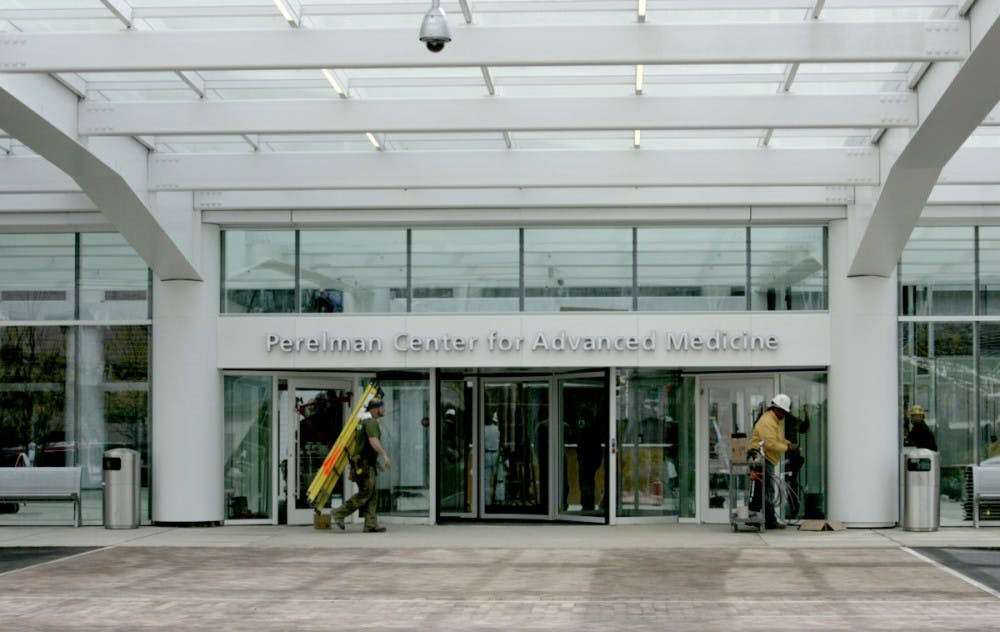
Researchers at the Perelman School of Medicine have found a potential form of treatment for people suffering from cocaine addiction. Although this research is still preliminary, the team has found a connection between protein modification and cocaine relapse in rats.
Assistant professor of Psychiatry at the Medical School Heath Schmidt led the study where an experimental group of rats self-administered cocaine for 21 days, and then were placed under a period of forced withdrawal for the next seven . The team examined the rats’ brains after the week was up and found reduced levels of modified proteins in the cocaine-exposed animals.
In a different group of animals, Schmidt found that introducing a virus that induced expression of an enzyme into the animals led to an increase in the number of the edited proteins that were lost in the group of rats that were exposed to cocaine. This resulted in a reduction in the number of rats who relapsed.
“This is very exciting finding as this is the first demonstration that [the protein] GluA2 editing plays a role in behavior,” Schmidt said.
Ghazaleh Sadri-Vakili, coauthor on the study and assistant professor of Neurology at Harvard Medical School, said she “hope[s] that targeting [the enzyme] ADAR2 may be a novel approach in treating cocaine addiction.“
The Daily Pennsylvanian is an independent, student-run newspaper. Please consider making a donation to support the coverage that shapes the University. Your generosity ensures a future of strong journalism at Penn.
DonatePlease note All comments are eligible for publication in The Daily Pennsylvanian.







